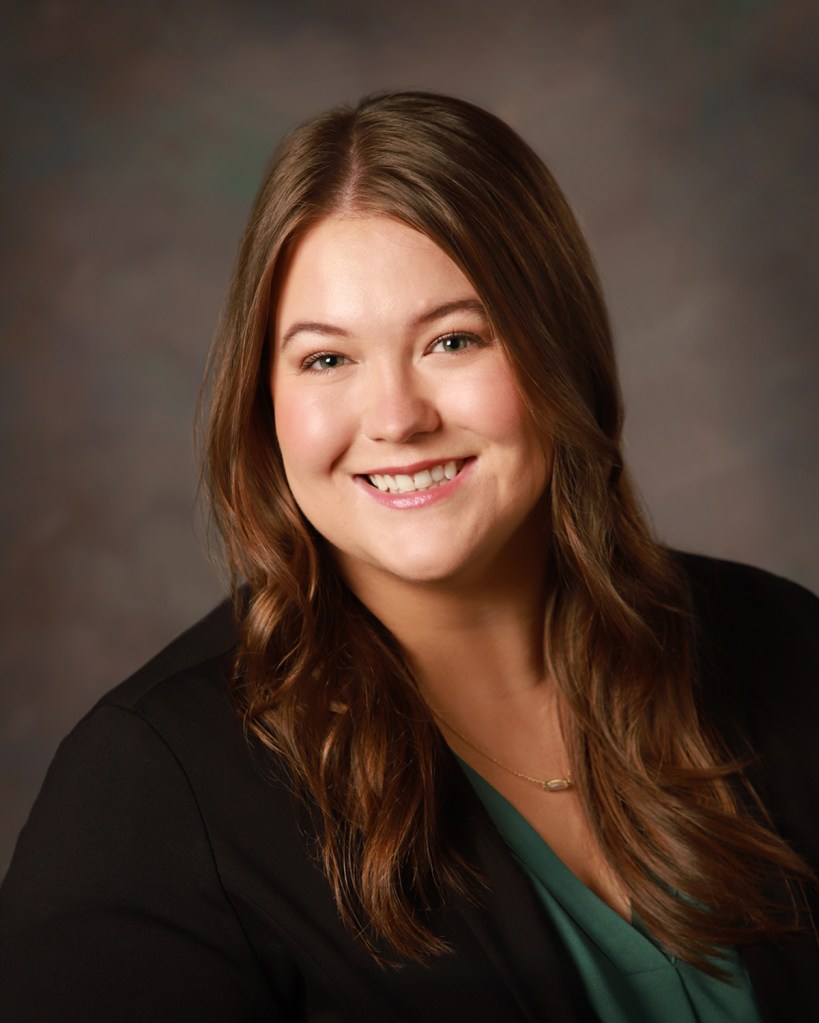By Cheryl Gess, PT, CLT-LANA, ThedaCare Cancer Care
A woman came to me for physical therapy after a mastectomy. She was naturally thin and was dealing with tight scar tissue in her chest and arm that made it very uncomfortable to sleep or reach for things. Our hour-long appointments included lots of manual therapy and stretches. I am also a breast cancer survivor, so we often talked about our shared experiences, too. Her goals were to be able to drive again, get dressed by herself, and reach for pots and pans in her kitchen — oh, how she loved to cook! Ultimately, she succeeded in regaining full normal use of her arm.
Several months after she completed physical therapy, I received an email from her. She told me she was retired and once again kayaking at her cabin on the lake, all with a much greater appreciation for the simple joys in her life. Simply put, she survived and learned to thrive with her new post-cancer perspective. She thanked me for inspiring her to keep moving, even when she questioned her own strength. I hope she knows that she inspired me, too.
Cancer has a way of calling us out to be strong. We will all have our days when pessimism and anxiety get the better of us, but cancer is not a fight we can sit out. It requires our attention and engagement. Physical therapy builds a person’s strength for what’s to come, be it difficult rounds of treatment or a long road to recovery. We do not wait for a person’s condition to decline before we act. Our cancer care teams work simultaneously and together to both battle cancer and fight for the lives our patients want to live.
Cancer has a way of calling us out to be strong. We will all have our days when pessimism and anxiety get the better of us, but cancer is not a fight we can sit out. It requires our attention and engagement.
Cheryl Gess, PT, CLT-LANA
I think the best part of physical therapy is how it empowers people to get busy and do something worthwhile in the face of a very scary diagnosis. We spend hours with our patients — listening, teaching, giving advice, laughing, and crying. The strength we help build is not just about physical muscles. It’s about our shared humanity when we are faced with the most difficult times of our lives. People who survive cancer develop a deep appreciation for beautiful things — like how good it feels to dip that kayak paddle in the lake once again. Go deep, take it slow, and feel your heart lift. That strength you feel? It’s within you. And I’m so proud to know you.
People who survive cancer develop a deep appreciation for beautiful things — like how good it feels to dip that kayak paddle in the lake once again. Go deep, take it slow, and feel your heart lift. That strength you feel? It’s within you.
Cheryl Gess, PT, CLT-LANA
You Are a Cancer Survivor
Healthy Movement is Part of Your Toolbox
Movement and exercise help you:
Increase endorphins, the feel-good chemicals in your brain that boost your mood Feel more comfortable, which lowers your stress Rebuild muscle to get back to your normal activities Regain coordination, control, and balance to help prevent falls and injuries Sleep more and better Increase your bone strength Get back out into social circles Do more of the activities that feed your soul
ThedaCare offers personalized and compassionate cancer care.
The post Deep Appreciation appeared first on ThedaCare.

Leave A Comment